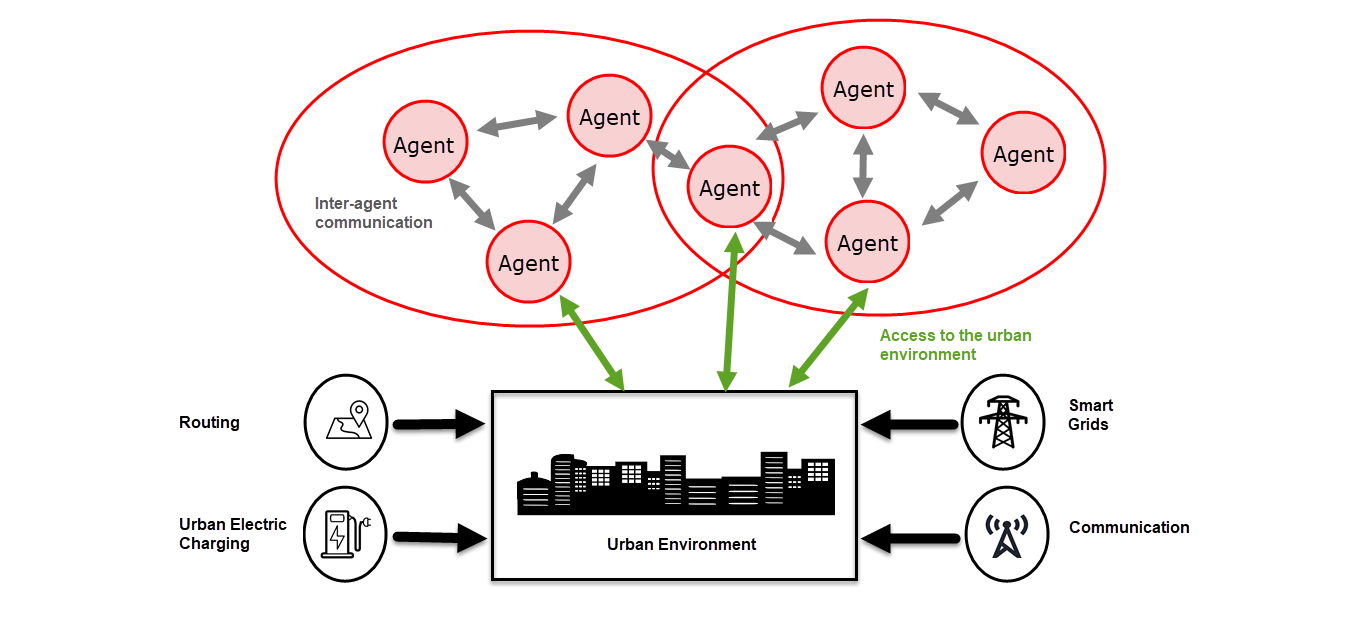Multi-agent systems in the field of urban e-mobility: A Systematic Review
Keywords:
multi-agent systems, electric vehicles, citiesAbstract
Initiatives based on improving urban mobility have been traditionally a high priority. The introduction of the electric vehicle to solve the problems of congestion and pollution within cities has made it possible to solve some of these shortcomings in combustion vehicles. Nevertheless, the needs of dynamic and complex environments that need decentralized solutions have demanded strategies that can cope agilely and efficiently. Multiagent systems allow overcoming these limitations connected to vehicles through their characteristics: autonomy, local vision and decentralization. In this article, a systematic review (SR) of the existing literature on solutions that combine electric vehicles with the advantages of multi-agent systems is performed. Researches and publications covering a period between 2012 and today are presented, where different approaches are collected to provide solutions to different problems such as routing, electric network, communication and electric charge. In addition, different modeling methodologies, algorithms or simulations implemented in real environments are exposed, where the heterogeneity of the solutions is associated with the nature of the problem.
Downloads


